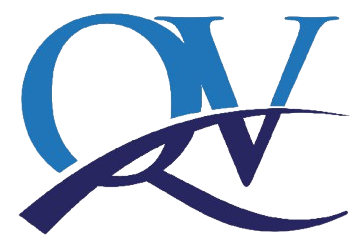Key Responsibilities and Skills Needed
As regulatory expectations grow more complex and global pharmacovigilance (PV) systems become increasingly sophisticated, the role of a pharmacovigilance auditor has never been more critical. These professionals ensure that drug safety processes are fully compliant with Good Pharmacovigilance Practices (GVP), aligned with international regulatory standards, and ultimately, that patient safety remains at the forefront.
But what exactly does a PV auditor do—and what makes someone truly effective in this role?
Who Is a Pharmacovigilance Auditor?
A pharmacovigilance auditor is responsible for assessing whether a company’s PV system complies with applicable regulations and guidance such as GVP, ICH guidelines, and region-specific requirements from bodies like the MHRA, EMA, or FDA.
Whether conducting internal audits or third-party reviews, PV auditors are crucial in identifying compliance risks and supporting ongoing quality improvements.
Key Responsibilities of a PV Auditor
A PV audit expert typically handles responsibilities across the following areas:
1. Planning and Scoping Audits
The auditor determines each audit’s scope, objectives, and criteria based on risk and business needs. This includes reviewing relevant documents such as the Pharmacovigilance System Master File (PSMF) and Safety Data Exchange Agreements (SDEAs).
2. Conducting Audits
Whether on-site or remote, the auditor evaluates key PV processes, including:
- Individual Case Safety Report (ICSR) management
- Signal detection and risk management
- Aggregate report management
- Qualified Person responsible for Pharmacovigilance (QPPV) oversight
- Literature screening
- Compliance with SOPs and training requirements
3. Identifying and Reporting Findings
Audit observations are categorised by risk level—critical, major, or minor—alongside clear recommendations
4. Follow-Up and CAPA Verification
PV auditors also follow up to ensure corrective and preventive actions (CAPAs) have been appropriately implemented, helping the organisation move towards a state of continuous compliance and quality assurance.
Essential Skills of an Effective PV Auditor
A highly capable pharmacovigilance auditor will have a unique blend of technical and soft skills, including:
- Deep knowledge of global GVP regulations
- Familiarity with safety databases and PV processes
- Strong analytical and risk assessment abilities
- Exceptional attention to detail
- Confidence in conducting interviews and challenging established processes
- Effective communication skills—for both written reports and stakeholder engagement
Many also hold prior experience in pharmacovigilance operations, regulatory affairs, or QA functions.
Why Pharmacovigilance Auditor Matter
Pharmacovigilance auditor helps to ensure that safety systems are not only compliant but also efficient, transparent, and inspection-ready. Their work directly contributes to maintaining product integrity, meeting licensing obligations, and—most importantly—protecting patient health.
How Q&V Can Support Your Audit and Compliance Needs
At Q&V, we understand the critical role a PV auditor plays in maintaining compliance and safeguarding your organisation’s reputation. Our team of seasoned PV audit experts offers end-to-end support for internal audits, vendor assessments, and inspection readiness initiatives.
Whether you’re looking to strengthen your existing audit programme or need guidance navigating GVP expectations, Q&V can help you take a proactive and confident approach to pharmacovigilance compliance.

